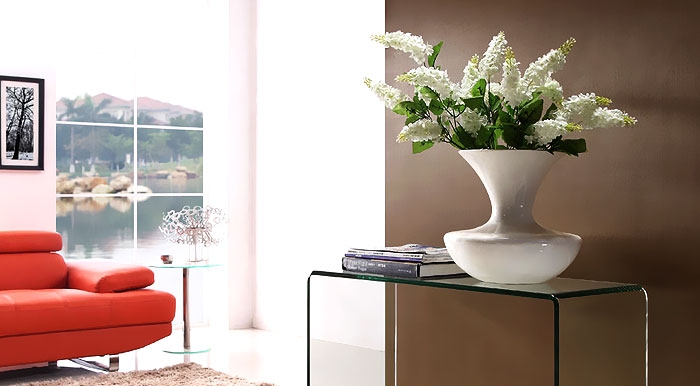From clothing and accessories to decorative ornaments, children’s toys and kitchen appliances, you are not alone if you find that your home can quickly begin to look cluttered.

It is remarkably easy for storage solutions and surfaces to look and feel overwhelmed with our possessions, but did you know that clutter can have notable negative effects on our mental health and stress levels? Small collections of things can quickly expand, leaving us feeling as though clearing them is an impossible task; in fact, more than 40 per cent of Brits have avoided inviting someone into their home because they are embarrassed about the amount of clutter they have accumulated.
Cooking utensils, magazines, piles of washing and excess toiletries are identified as the most common causes of clutter in our homes.
Research has found that more than 3,000 cubic feet of the average British home is filled with items that are rarely or never used. In addition to impacting the way your home looks, this build-up of clutter can negatively influence your ability to concentrate on everyday tasks, hinder your ability to relax, and even reduce the quality of your sleep. Additionally, more than 65 per cent of people admit to arguing with a family member or housemate over clutter, with 10 per cent saying these arguments happen on a regular basis.
Seven Tips to Keep Your Home Clutter-free
- Implement new systems that will curtail your original habits; for example, ensure you file or recycle your post on the day it arrives.
- Remember that if you want your organisational systems to work, everyone you live with needs to be on the same page.
- Ensure you have room in your storage solutions to grow. If you don’t, you will find that clutter will quickly begin to accumulate again.
- Be realistic. If your organisational systems are too complex or take up too much time, you are not going to want to do them.
- Stop leaving things where they don’t belong. After making sure that everything you own has a specific place, always return it to this location when you have finished using it.
- Shop responsibly and consciously. Before every shopping trip, make sure that you check what you need. Creating comprehensive lists will stop you purchasing things you simply don’t need and probably won’t use.
- Implement a five-minute tidying routine every day. This will quickly become a habit and will help you to maintain an organised home




Leave a Comment